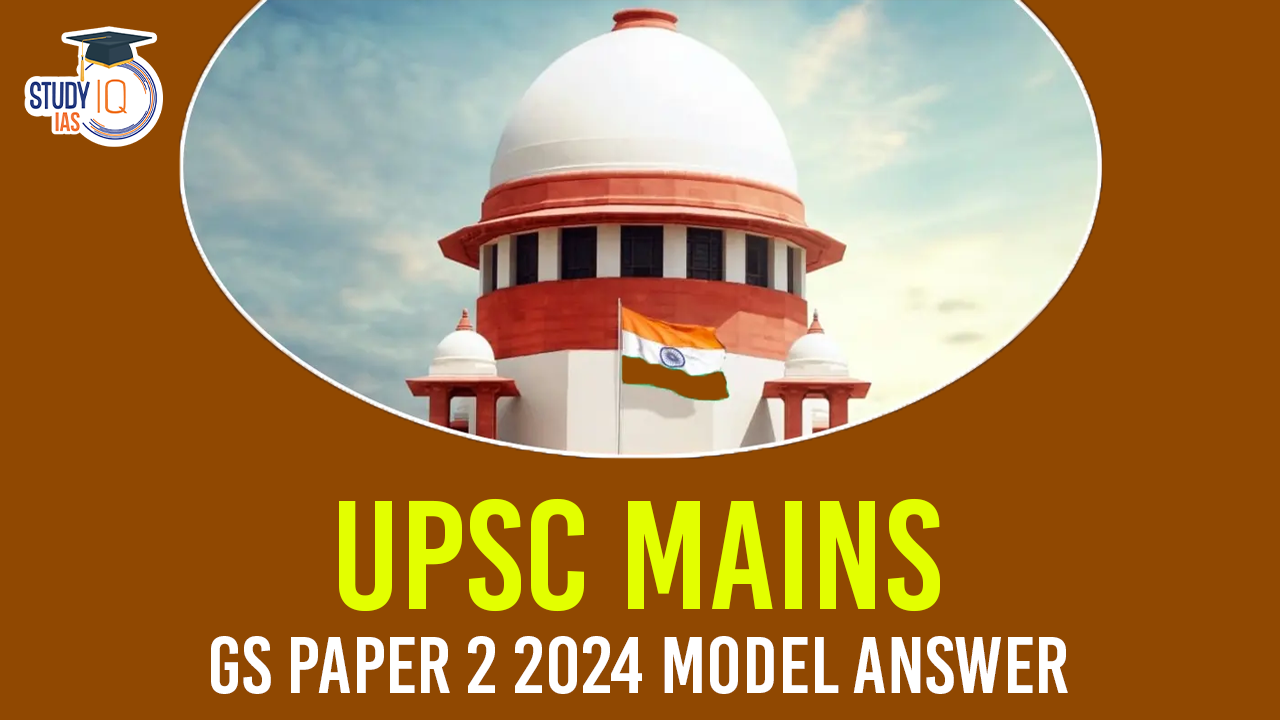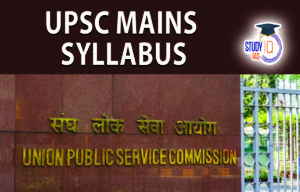Table of Contents
Introduction
You can start your introduction by defining Public Charitable Trusts
- Public Charitable Trusts are organisations that address social welfare issues by mobilising resources to fund activities related to healthcare, poverty social justice and others.
- They are governed under the Indian Trusts Act, 1882, and operate as non-profit entities with the objective of contributing to public good.
Body
Potential of Public Charitable Trusts in Promoting Inclusive Development
- Addressing Gaps in Welfare Delivery: PCTs work in areas where government schemes may be inadequate or inaccessible.
- E.g. Tata Trusts and Azim Premji Foundation help in sectors like healthcare, education, and rural development in remote areas.
- Empowerment through Education and Skill Development: Trusts offer scholarships, establish institutions, promote vocational training, bridging divides.
- E.g. Pratham Education Foundation focuses on improving learning outcomes among underprivileged children, contributing to equitable access to education.
- Support to Poor Section of Society:
- E.g. The Akshaya Patra Foundation provides mid-day meals to millions of schoolchildren in India, helping to improve their nutrition and education.
- Poverty Alleviation and Rural Development: PCTs funds self-help groups (SHGs), providing micro-credit, and promoting rural entrepreneurship.
- E.g. The Self Employed Women’s Association (SEWA) helps women in rural India through economic empowerment.
Arguments Against Public Charitable Trusts:
- Lack of Accountability: Insufficient transparency; potential misuse of funds or inefficient scheme implementation.
- Fragmentation of Efforts: Duplicative programs; poor coordination with government initiatives; reduces overall impact.
- Misuse of Tax Exemptions: Charitable trusts misusing tax benefits; lack of strict oversight; financial irregularities.
- Urban Concentration: Focus on urban areas; limited reach to rural and tribal regions; hinders inclusive development.
Conclusion
The Constitution mandates the government to reduce inequalities (Article 38) and ensure the right to life, including health, education, and livelihood (Article 21). However, due to limited state resources, Public Charitable Trusts provide an opportunity to bridge the gap.


 NCERT Books for UPSC Preparation, Check ...
NCERT Books for UPSC Preparation, Check ...
 UPSC Syllabus 2025, Check UPSC CSE Sylla...
UPSC Syllabus 2025, Check UPSC CSE Sylla...
 UPSC Mains Syllabus 2025, Optional Sylla...
UPSC Mains Syllabus 2025, Optional Sylla...





















